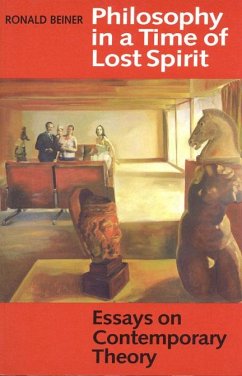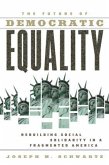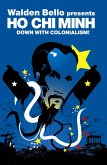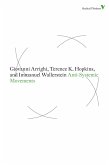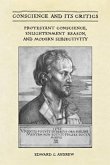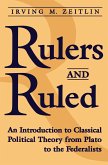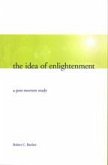In the last two centuries, our world would have been a safer place if philosophers such as Rousseau, Marx, and Nietzche had not given intellectual encouragement to the radical ideologies of Jacobins, Stalinists, and fascists. Maybe the world would have been better off, from the standpoint of sound practice, if philosophers had engaged in only modest, decent theory, as did John Stuart Mill. Yet, as Ronald Beiner contends, the point of theory is not to think safe thoughts; the point is to open intellectual horizons. In Philosophy in a Time of Lost Spirit, Beiner reflects on the dualism of theory and practice. The purpose of the theorist is not to offer sensible guidance on the conduct of social life but to test the boundaries of our vision of social order. In this collection of essays and reviews, Ronald Beiner helps us to think critically about the thought-worlds of our foremost contemporary thinkers, including Hannah Arendt, Allan Bloom, Michel Foucault, Hans-Georg Gadamer, Jurgen Habermas, Will Kymlicka, Christopher Lasch, Richard Rorty, Judith Shklar, Leo Strauss, Charles Taylor, and Michael Walzer.
Hinweis: Dieser Artikel kann nur an eine deutsche Lieferadresse ausgeliefert werden.
Hinweis: Dieser Artikel kann nur an eine deutsche Lieferadresse ausgeliefert werden.

